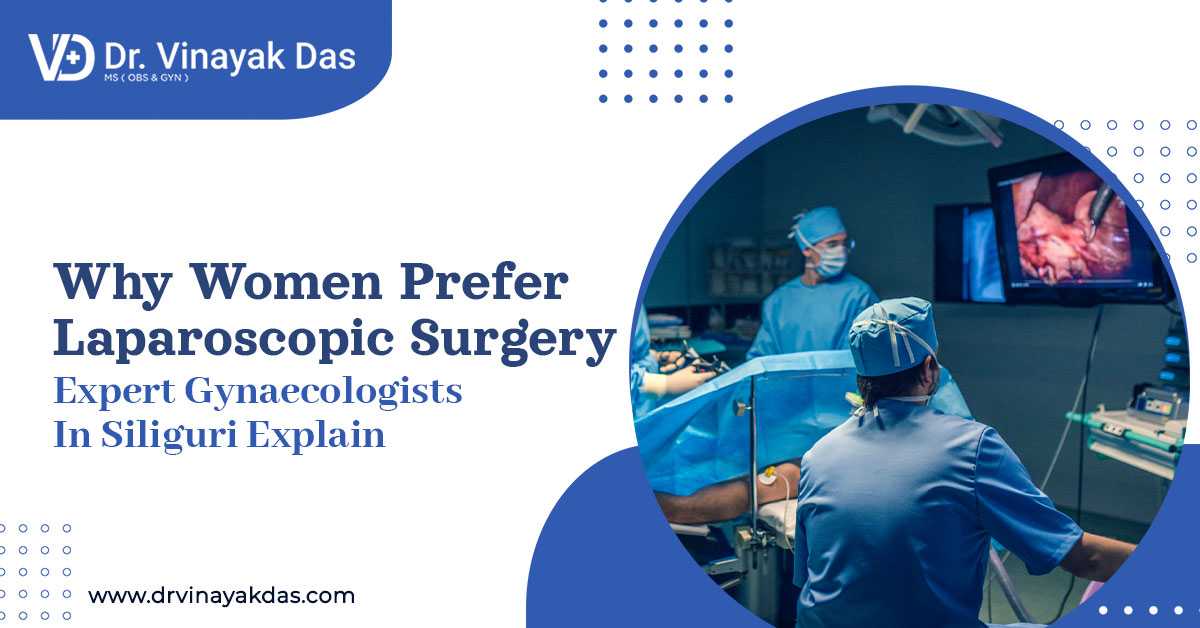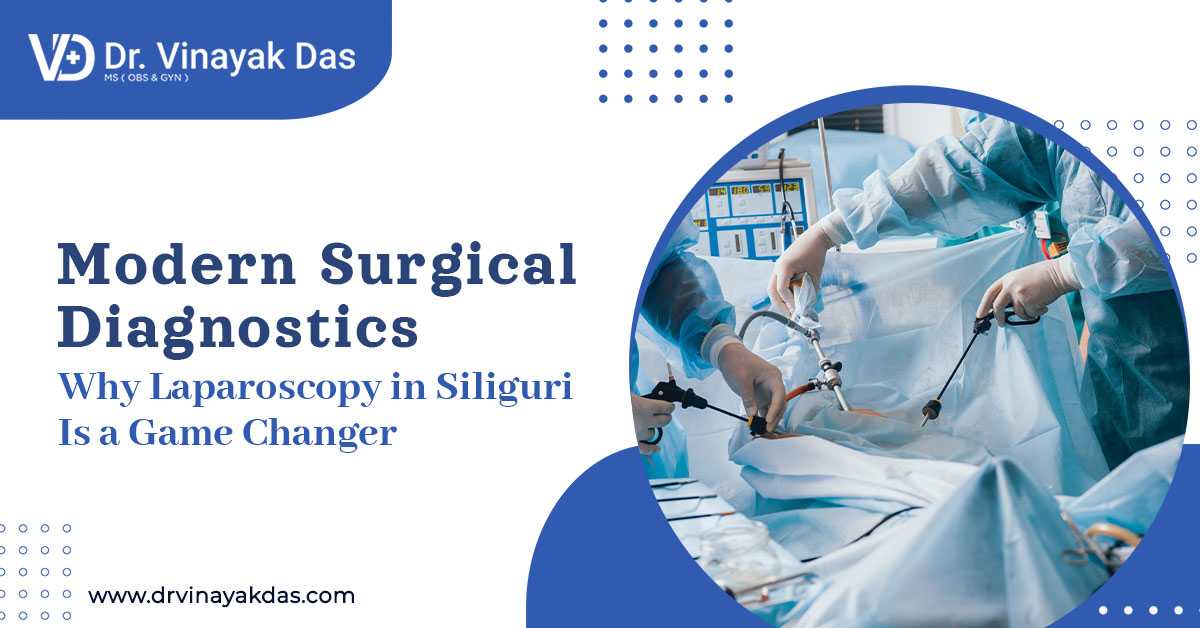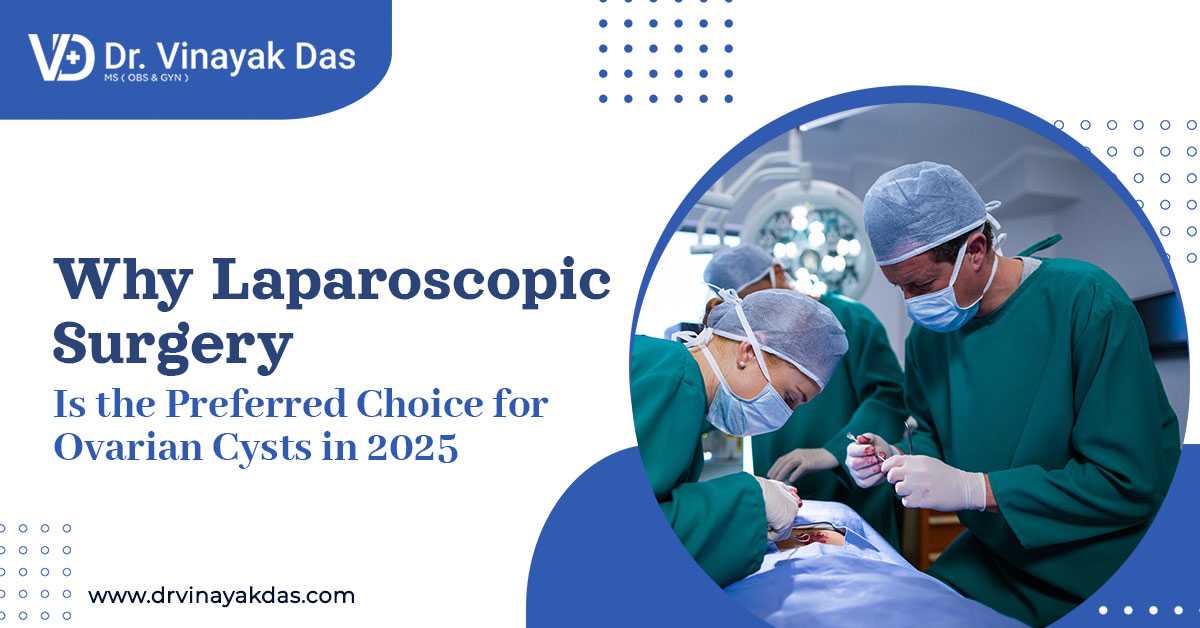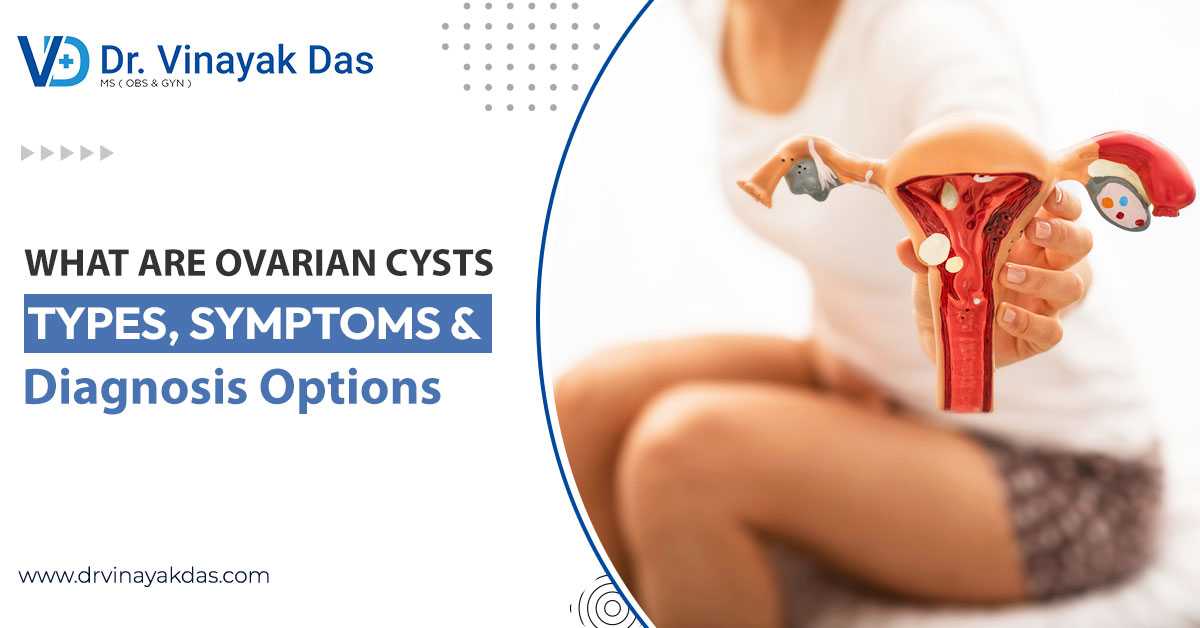Abnormal growths or cysts in the reproductive organs can lead to various complications such as severe pelvic pain and even infertility if not treated at the right time. Ovarian cysts are one of the most common gynecological issues where fluid-filled sacs develop on the surface or inside the ovary. In most cases, these cysts are harmless and cause no noticeable symptoms. However, if you experience any unusual pain or other symptoms due to the cysts then it is pivotal to contact the top gynecologist in Siliguri.
You must know that the ovarian cysts may develop in only one or both the ovaries. Underlying medical conditions such as endometriosis and other hormonal problems such as PCOS can increase your risks of suffering from ovarian cysts. In some situations, pregnancy and post-menopausal women can also develop the cysts. If the doctor has detected cysts then watchful waiting is essential as the cysts can also become malignant and lead to ovarian cancer.
Common Types Of Ovarian Cysts
1. Functional Cysts
The cysts that develop due to the menstrual cycle are called functional cysts. This is the most common type of cyst which can be associated with the continuous growth of a monthly follicle that releases the egg. The two probable types of functional cysts are-
- Corpus luteum cyst: When a follicle shrinks and starts the production of progesterone and estrogen required for conception, it is called as corpus luteum. If any fluid starts building up during this stage of the follicles then it is considered a corpus luteum cyst.
- Follicular cyst: During your menstrual cycle, an egg detaches from the follicle and travels to the fallopian tubes. In some cases, this follicle doesn’t rupture and also doesn’t release the egg which leads to the cyst.
2. Other Types Of Cysts
You must note that not all ovarian cysts are associated with the menstrual cycle. This is why it is essential to contact an experienced gynae doctor in Siliguri to know the exact type of cysts. Some other forms of ovarian cysts are-
- Endometriomas: When the tissue lining similar to the uterine lining grows outside the uterus, it is regarded as endometriosis. In some cases, these endometriomas attach to the ovaries and lead to cysts.
- Cystadenomas: If the cysts develop on the surface of the ovaries then it is named Cystadenomas, where the cysts will be filled with mucus-like or watery fluid. You must know that these cysts can grow larger.
- Ovarian cancer: The development of solid masses or cancerous cells in the ovaries can be ovarian tumors that can lead to ovarian cancer. Timely intervention is essential to stop the spread of the cancer from the ovaries.
- Dermoid cysts: Dermoid cysts often develop from the germ cells that help in making the eggs. You must know that cysts can contain tissues from any part of the body such as teeth, hair, and skin.
Noticeable Symptoms
The symptoms of ovarian cysts may vary from person to person. This is because certain women have cysts but don’t experience any pain at all. In most cases, cysts that have grown larger can only showcase any prominent symptoms. However, if the symptoms of ovarian cysts linger for a longer period then it may also indicate underlying conditions such as hormone issues and PCOS. The probable symptoms of larger ovarian cysts are-
- Painful periods
- Pelvic pain
- Pain during intercourse
- The feeling of bloating in the lower abdomen
- Heaviness in the abdomen
Effective Diagnostic Options
A pelvic ultrasound or pelvic exam can be the diagnostic test that can detect the presence of any ovarian cysts. In some cases, the doctor can also recommend other tests to curate an effective treatment plan. Some such tests are laparoscopy, pregnancy test, and tumor marker tests. If the doctor detects the presence of any malignancy in the cysts then only a tumor marker test will be done to diagnose the cancer.
Regular gynecological check-ups and pelvic exams conducted by the top gynecologist in Siliguri are essential to monitor ovarian cysts. If the cysts are causing severe pain and other complications then the doctor may recommend medications or surgery to remove the large cysts. Various advanced and minimally invasive procedures are available for the cyst removal.




